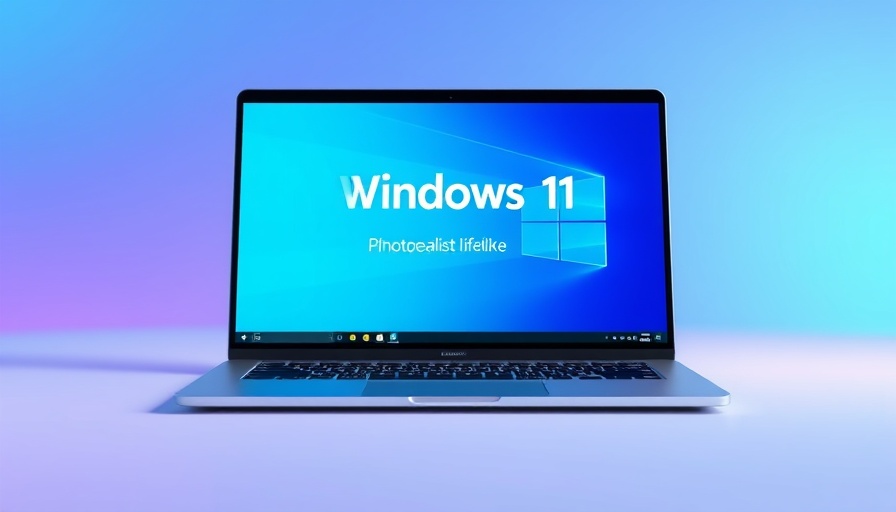
Unlocking the Power of Sales Demos for Small Businesses
For small business owners, a successful sales demo can be the catalyst that transforms interest into tangible sales. As the marketplace becomes increasingly competitive, it’s essential to not just showcase products, but to significantly enhance how potential customers perceive their value. Implementing effective sales demo strategies ensures that each presentation resonates with an audience, fostering deeper connections that lead to conversions.
Understanding the Anatomy of a Sales Demo
A sales demo shouldn’t merely be a presentation; it is a persuasive experience designed to highlight not just product features, but also how these features directly mitigate the specific pain points faced by your audience. Definition-wise, a sales demo serves as a guided exploration of your product's capabilities, directly tackling the unique challenges of your target market—be it in B2B or B2C settings.
Preparation is Paramount: Crafting Your Approach
Preparation begins with research—know your prospect’s needs and align your demo accordingly. When you tailor the content to address the specific goals and challenges of your audience, your demo becomes much more relatable and impactful. Utilizing a well-thought-out script allows you to maintain focus while providing the flexibility to engage effectively as questions or objections arise.
Engagement Through Personalization: Keeping Prospects Hooked
Using personalization techniques during your demo can significantly elevate audience engagement levels. The goal is to make your audience feel that the presentation speaks directly to them. Ask questions, include anecdotes that relate to their situation, and provide examples that resonate with their experiences. This approach not only builds a rapport but also cements your solution as a preferred option.
Using Visual Aids and Technology to Enhance Demos
The incorporation of visual aids and technology can transform an ordinary presentation into a captivating experience. Visuals can simplify complex information, making it easier for your audience to grasp crucial points. Consider using slides, infographics, or even live demonstrations of your product functioning in real-time to illustrate key features.
Anticipating Challenges for a Smoother Demo Experience
Every sales demo can encounter challenges from technical issues to customer objections. Preparation for these challenges is critical. Familiarizing yourself with potential problems and formulating solutions in advance fosters a professional image. When you exhibit composure and readiness, trust is built, furthering the likelihood of conversion.
The Vital Role of Follow-Up in Closing Sales
After the demo is over, the process shouldn't end there. Sending concise follow-up materials can reinforce the main points discussed and maintain the prospect's interest. These materials can range from summary emails to providing additional resources or case studies that further validate your product's capabilities.
Best Practices for a Winning Sales Demo
Ultimately, the success of a sales demo hinges on a blend of preparation, engagement, and follow-up. Here are some best practices to keep in mind:
- Practice your pitch: Rehearse to gain confidence and fluency.
- Be adaptable: Be open to modifying your approach based on audience feedback.
- Highlight social proof: Share testimonials or case studies to enhance credibility.
- Encourage interaction: Invite questions throughout to foster engagement.
Final Thoughts: The Opportunity Ahead
A well-executed sales demo not only showcases what you can offer—it vividly illustrates how your product can solve the specific problems potential customers face. As a small business owner, honing your demo skills is an investment worth making. Mastering this art will empower you to build relationships, drive interest, and convert leads into lasting customers.
If you're eager to delve deeper into effective sales strategies, consider exploring more case studies or actionable insights available on our platform. Take the initiative to refine your sales approach that truly aligns with your audience's needs and aspirations!
 Add Row
Add Row  Add
Add 




Write A Comment